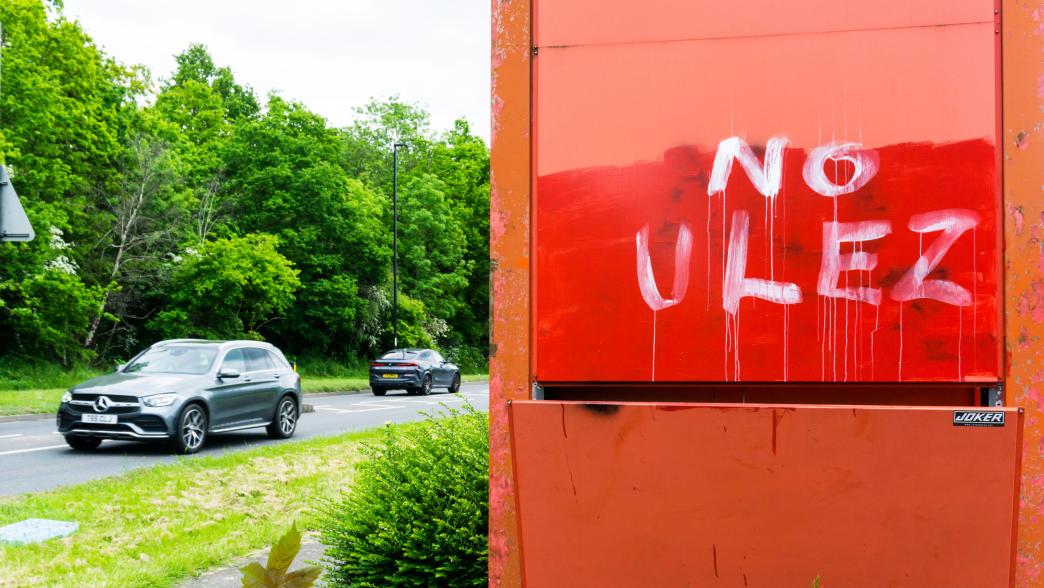Will the Uxbridge by-election prove a crossroads for net zero?
Both main parties have appeared to temper their enthusiasm for ‘green’ policies in the wake of last Thursday’s vote.

It would be ironic if the most concrete consequence of Boris Johnson’s petulant decision to quit his Uxbridge and Ruislip seat in the wake of June’s Privileges Committee report was to torpedo his signature prime ministerial pledge on net zero. But that seems to be immediate response to last week’s by-election result, which has already seemingly sparked a race from both the winning and losing parties to renege on ‘green’ commitments